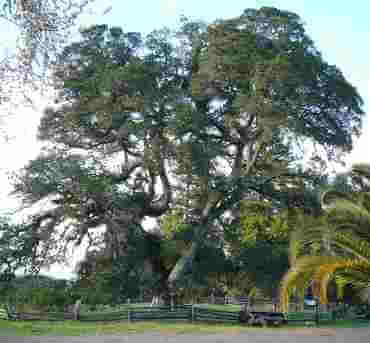1
Kuidas küll on tuhmunud kuld, puhas kuld kuidas teiseks saanud! Pühamu kivid on paisatud kõigile tänavanurkadele.
2
Kallid Siioni lapsed, puhtaima kullaga võrdsed, kuidas on nad nüüd saanud saviastjate sarnaseks, potisseppade käsitööks!
3
Ðaakalidki ulatavad nisa, et imetada oma poegi, aga mu rahva tütar on julm, otsekui jaanalind kõrbes.
4
Imiku keel jääb kinni suulakke janu pärast, lapsed paluvad leiba, aga pole, kes neile jagaks.
5
Kes enne sõid maiustusi, närbuvad tänavail; keda hellitati purpuri peal, lebavad sõnnikuhunnikul.
6
Mu rahva tütre süü on suurem kui patt Soodomas, mis paisati segi silmapilkselt, kätega aitamata.
7
Tema vürstid olid puhtamad lumest, valgemad piimast, ihult korallidest verevamad, kujult otsekui safiirid.
8
Nüüd on nad näost mustemad kui nõgi, neid ei tunta tänavail ära; nende nahk on kontidel kortsunud, kuivanud nagu puu.
9
Õnnelikumad olid need, kes mõõgaga maha löödi, kui need, kes surid nälga, kes põllusaagi puudumisel kidusid nagu teibasse aetud.
10
Kaastundlike naiste käed keetsid oma lapsi: need olid neile roaks mu rahva tütre hävingus.
11
Issand valas välja oma viha, tegi teoks oma tulise raevu ja süütas Siionis tule, mis põletas selle alusmüüridki.
12
Ei oleks uskunud maa kuningad ja kõik maailma elanikud, et vihamees ja vaenlane tuleb sisse Jeruusalemma väravaist.
13
See on sündinud tema prohvetite pattude, tema preestrite süü pärast; nende pärast, kes valasid seal õigete verd.
14
Nad vaarusid tänavail nagu pimedad, verega roojastatud, nõnda et nende riideid ei võinud puudutada.
15
'Hoidke eest! Roojane!' hüüti nende kohta. 'Hoidke eest, hoidke eest, ärge puudutage!' Nad vaarusid ka põgenedes, rahvaste seas öeldi: 'Nad ei tohi jääda siia kauemaks!'
16
Issanda pale hajutas nad, ta ei vaata enam nende peale. Preestritest ei peetud lugu, vanadele ei antud armu.
17
Isegi veel siis, väsinud silmadega, me ootasime asjatult endile abi; oma vahitornidest piilusime rahva poole, kes meid ei päästnud.
18
Meie samme luurati, me ei võinud käia oma turgudel; meie lõpp ligines, meie päevad said täis - tõesti, meie lõpp tuli!
19
Meie jälitajad olid kiiremad kui kotkas taeva all; nad ajasid meid taga mägedel, varitsesid meid kõrbes.
20
Issanda võitu, kes oli meile eluõhuks, püüti kinni nende aukudes, tema, kellest me ütlesime: 'Tema varjus me elame paganate seas!'
21
Rõõmutse ja ole rõõmus, Edomi tütar, kes elad Uusimaal! Sinulegi tuleb karikas: sa jääd joobnuks ja kisud enese paljaks.
22
Sinu süü on lõppenud, Siioni tütar, enam ta ei vii sind vangi. Aga ta karistab su süüd, Edomi tütar, ta paljastab su patud.








